Pitching's Fallen Phenoms
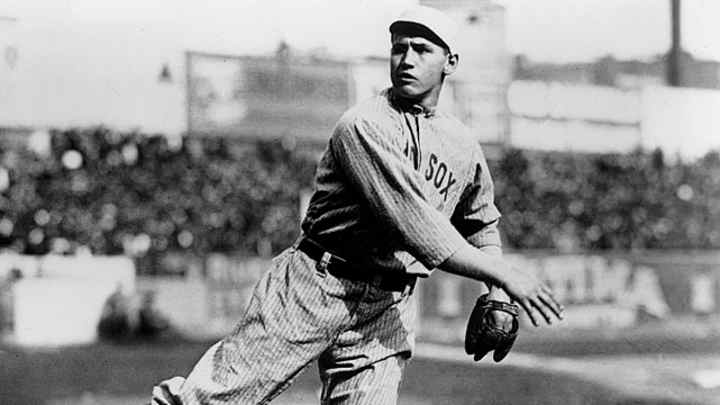
Pitching's Fallen Phenoms
Smoky Joe Wood

Wood reached the majors at age 18 in 1908 and by 1911 he was one of the best pitchers in the AL, going 23-17 with a 2.02 ERA that season for the Boston Red Sox. He was even better in 1912, with 34 wins, a 1.91 ERA and 10 shutouts. But he pitched 619 2/3 innings in those seasons and though he was still good -- he finished with a 2.03 career ERA -- he only pitched 434 2/3 innings the rest of his career. Eventually, injuries forced him from the mound for good. He pitched in just three more games after 1915 and finished his career as a position player, batting .297 for the Indians in 1922.
Herb Score
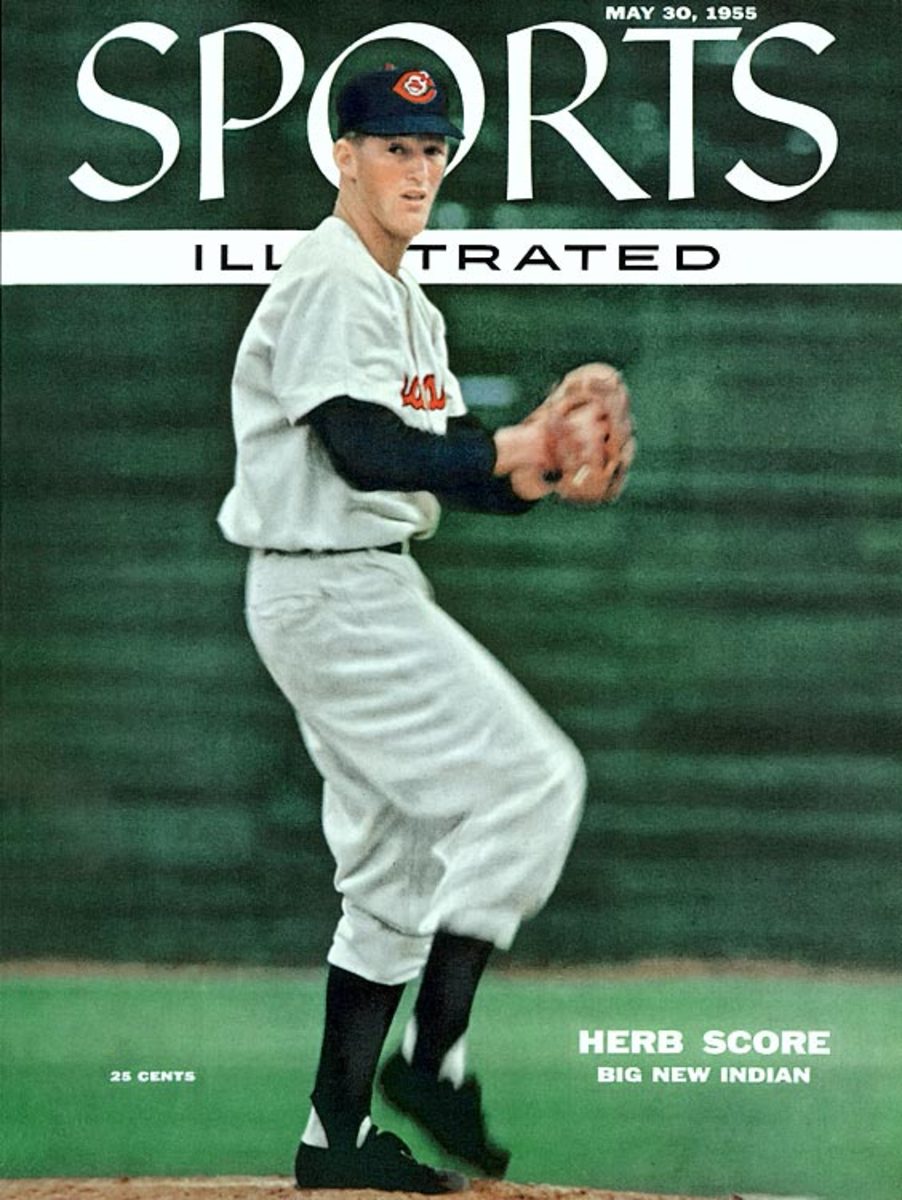
Score burst onto the scene as a 21-year-old rookie with the Cleveland Indians in 1955, winning 16 games and leading the AL with 245 strikeouts. He won 20 the next year with 263 K's, but his career was forever altered when he was struck in the face by a Gil McDuglad line drive in May 1957. Arm injuries soon followed. He won just 19 games the rest of his career and never made more than 25 starts in a season and only once did he top 80 strikeouts before his career ended in 1962.
Karl Spooner
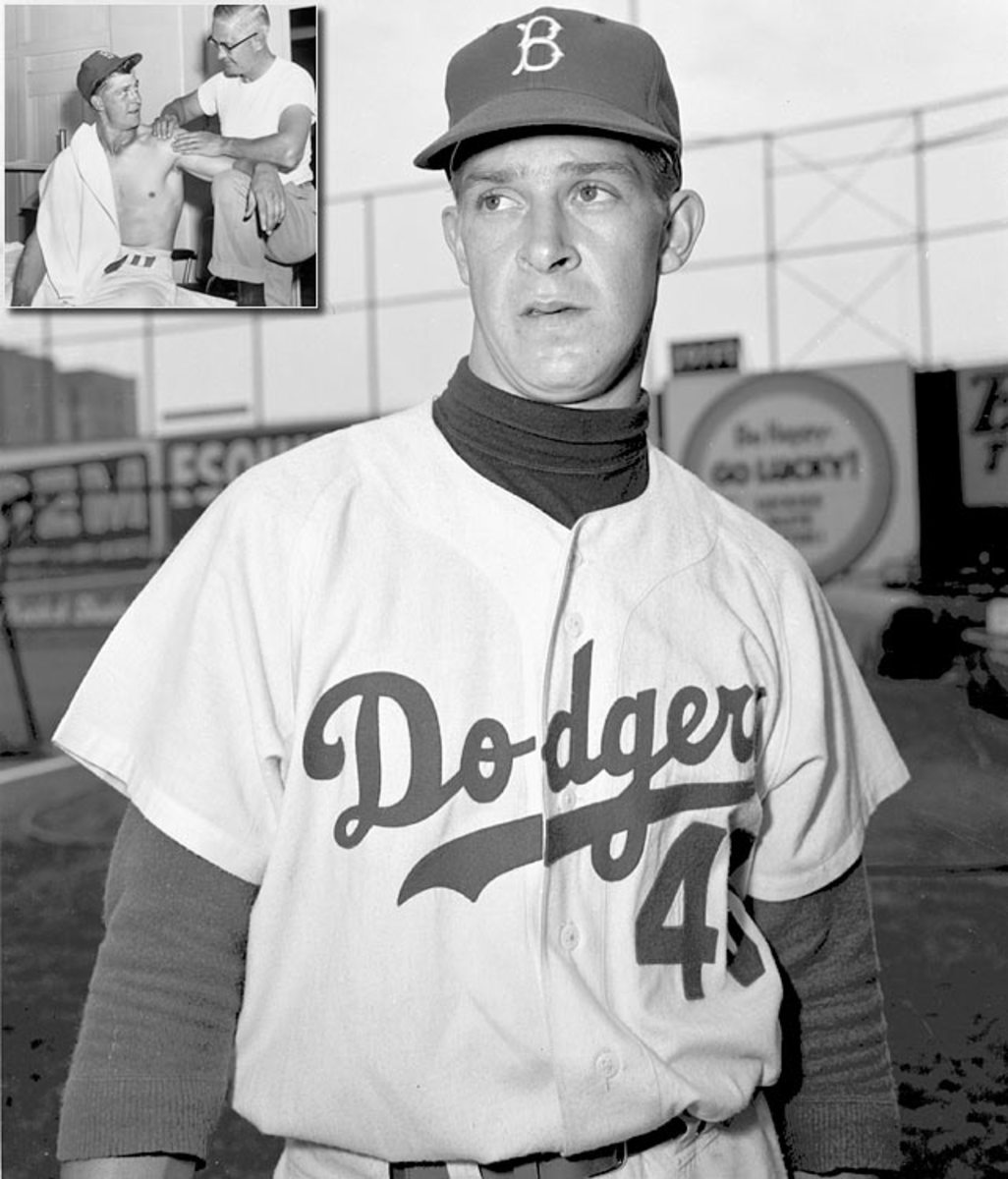
At 23, Spooner was called up to the Brooklyn Dodgers at the end of the 1954 season and pitched two games, both shutouts, in which he struck out 27 batters and walked just six. The next year he went a respectable 8-6 with a 3.65 ERA but hurt his arm and never pitched in the majors again, bouncing around the minors for three years before retiring at age 27.
Jim Bouton
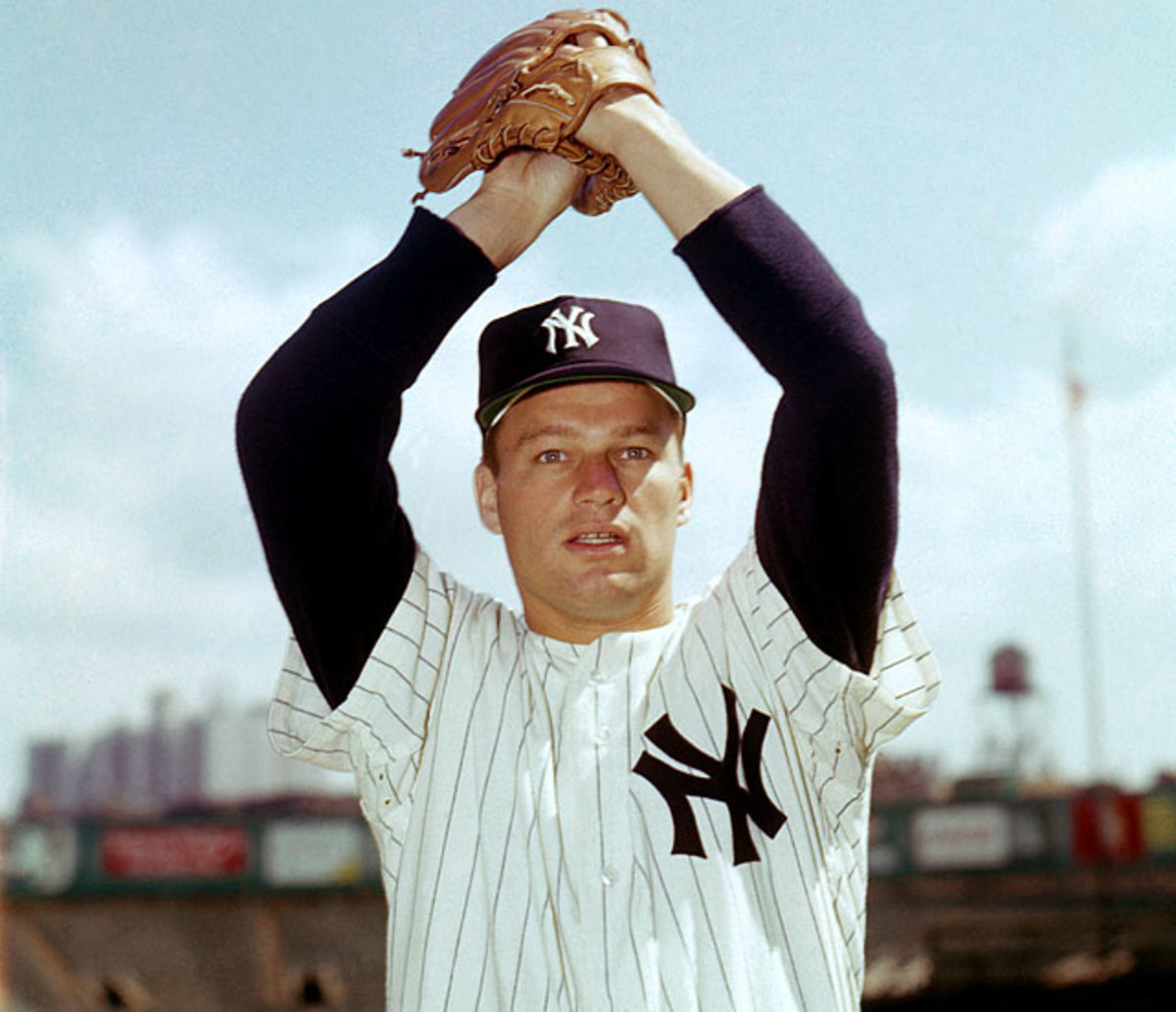
Bouton had won 46 games, had a 3.03 career ERA, made an All-Star team and helped the Yankees win three pennants by age 25. By 31, he had won just 15 more games and his career was over, due to a series of arm injuries. He became most famous for his tell-all book Ball Four about life in a major league clubhouse. He briefly returned to the majors in 1978, pitching five games for the Braves and winning one before retiring for good.
Denny McLain
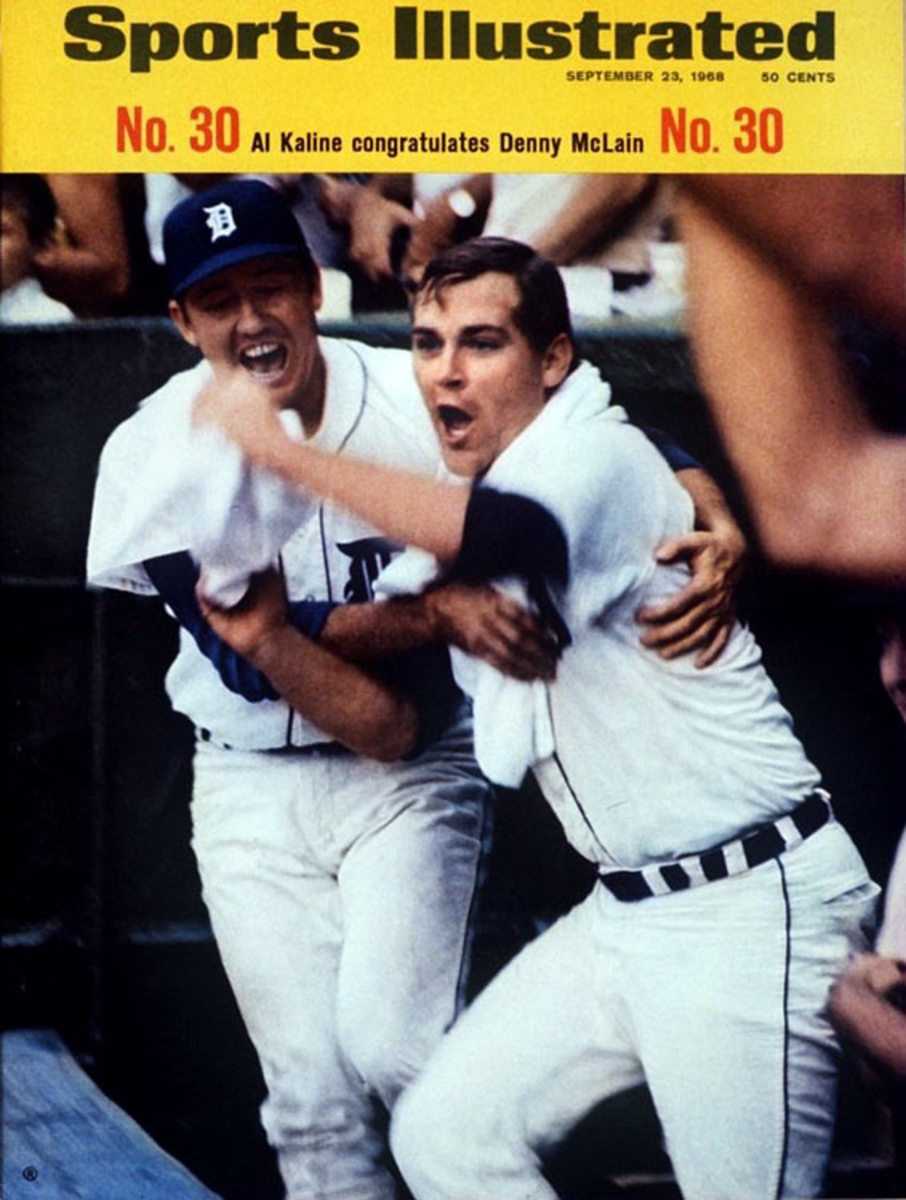
In 1968, won 31 games for the Tigers, becoming the last pitcher to win 30 in a single season, but it took him 336 innings to do so. He won the AL Cy Young award that year, and again the next, when he went 24-9 and pitched 325 innings, but his arm started hurting and he was never the same. He won just 17 more games and grabbed more headlines for his exploits off the field (including a three-month suspension in 1970) than for anything he did on it. Repeated arm injuries helped end his career in 1972 at age 28.
Gary Nolan
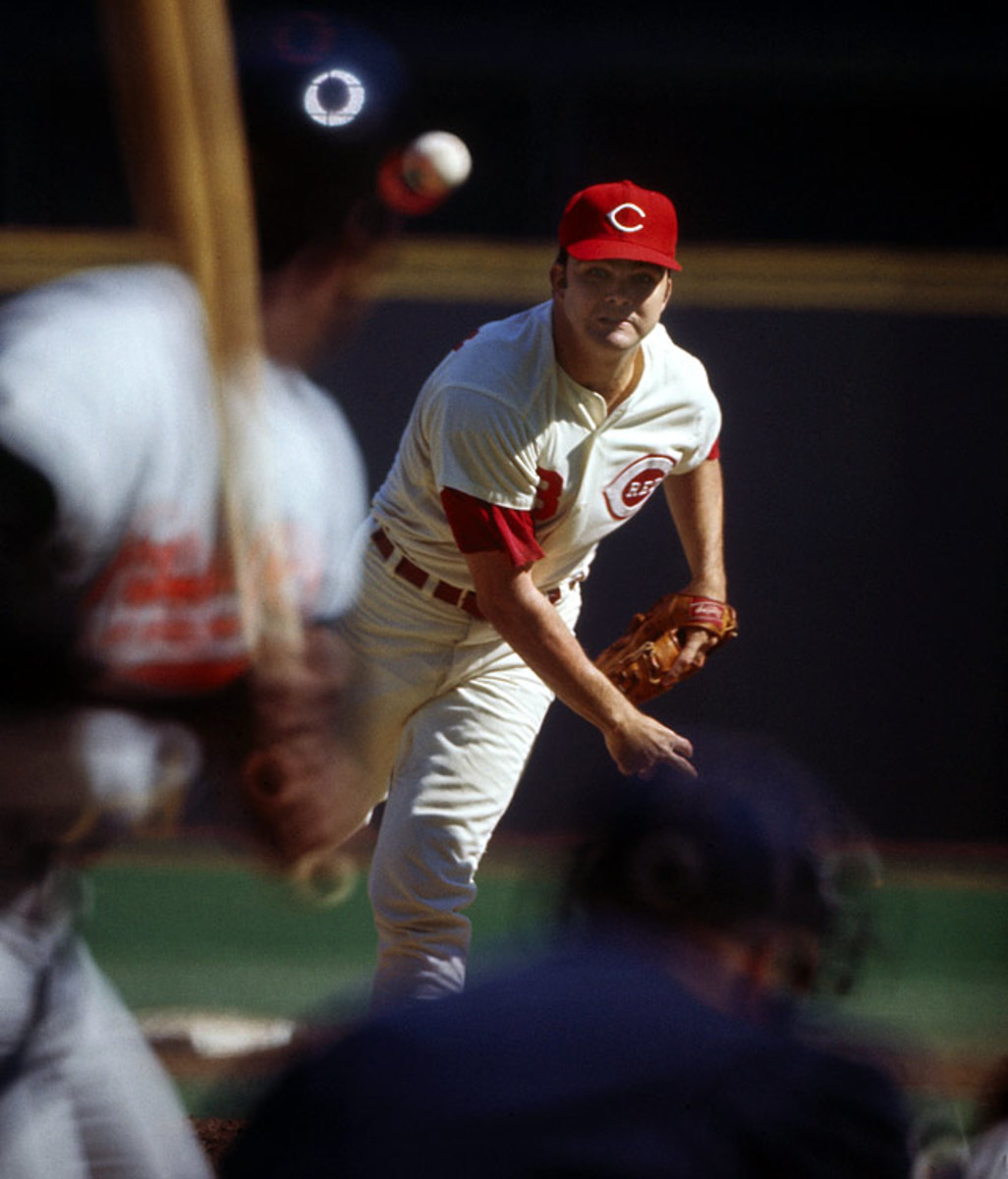
Nolan debuted for the Reds at 18 in 1967 and became a sensation, striking out 206 batters as a rookie and finishing 14-8 with a 2.58 ERA. He pitched well through 1972, winning 15 games, posting a 1.99 ERA and making his only All-Star team. But he got hurt the next year and pitched just two games in 1973 and none in '74. Though he posted back-to-back 15-win campaigns in 1975 and '76 to help the Reds win two World Series, he got hurt again and was forced to retire at age 29 in 1977.
Mark Fidrych
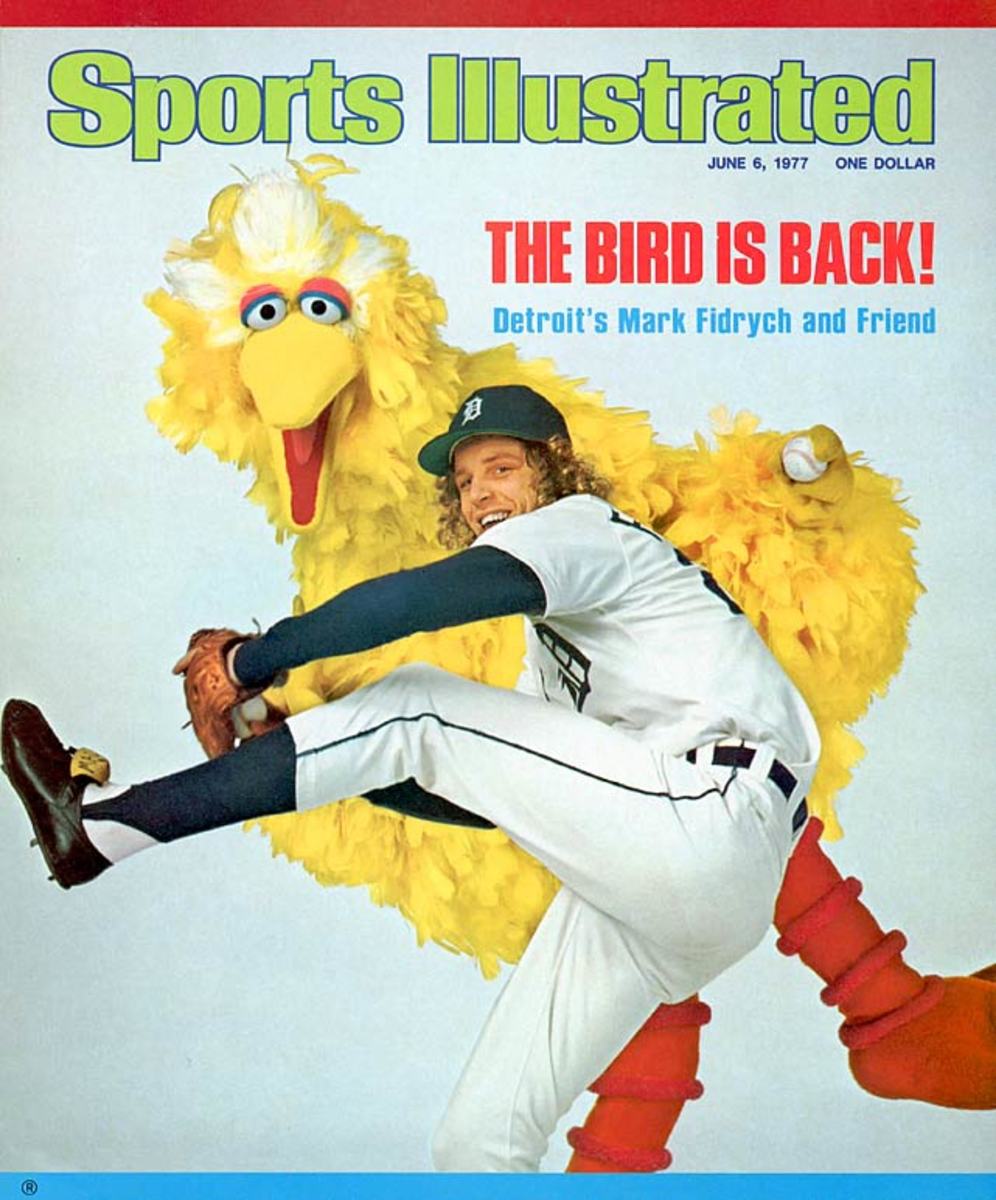
Fidrych was the biggest story in baseball during the 1976 regular season. The Tigers' rookie drew as much attention for his antics on the mound, which included smoothing out the mound and talking to himself, as his league-best 2.34 ERA, 24 complete games and Rookie of the Year honors. But Fidrych's arm was never the same after he pitched 250 1/3 innings that year. He pitched just 162 games the rest of his career, retiring in 1980 at age 26.
Don Gullet
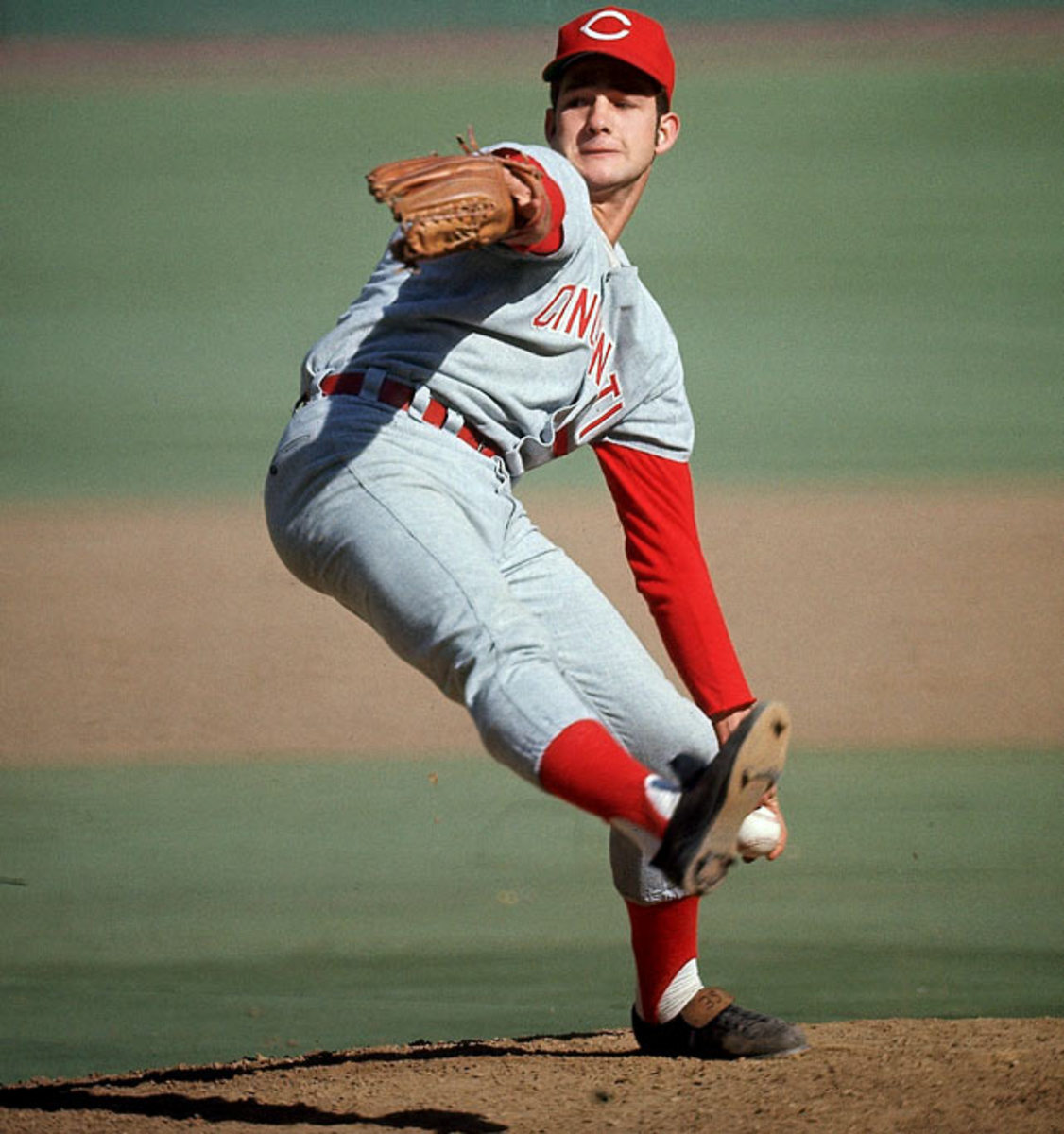
Gullett was a fixture in the rotation for the Big Red Machine of the 1980s, posting double-digit wins five times by 1976, when he was 25 years old. He won 14 more for the Yankees in 1977 but pitched only eight games in 1978 due to arm trouble. He missed both the 1979 and1980 seasons with rotator cuff and shoulder injuries and never pitched in the majors again.
J.R. Richard
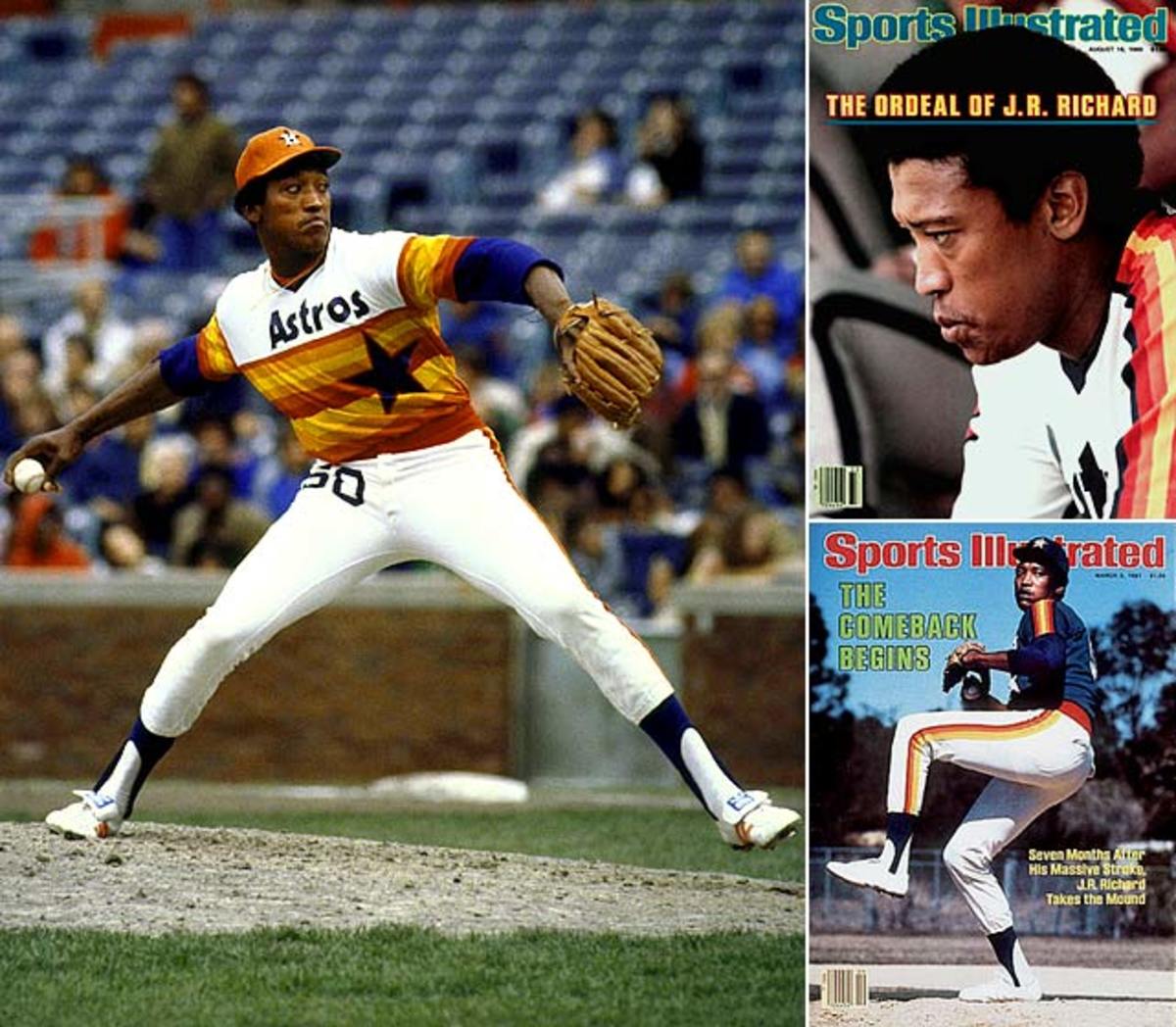
Richard was an unremarkable pitcher for the first five seasons he spent in the majors, but in 1976, at age 26, he exploded for 20 wins and 214 strikeouts for the Astros. He won 18 each of the next three years, posting 214, 303 and 313 K's. Richard was an NL All-Star in 1980 but just a week after pitching in the All-Star Game he left the mound with what he thought was a dead arm. Two weeks later he suffered a major stroke and despite several comeback attempts never pitched in the majors again.
Steve Avery
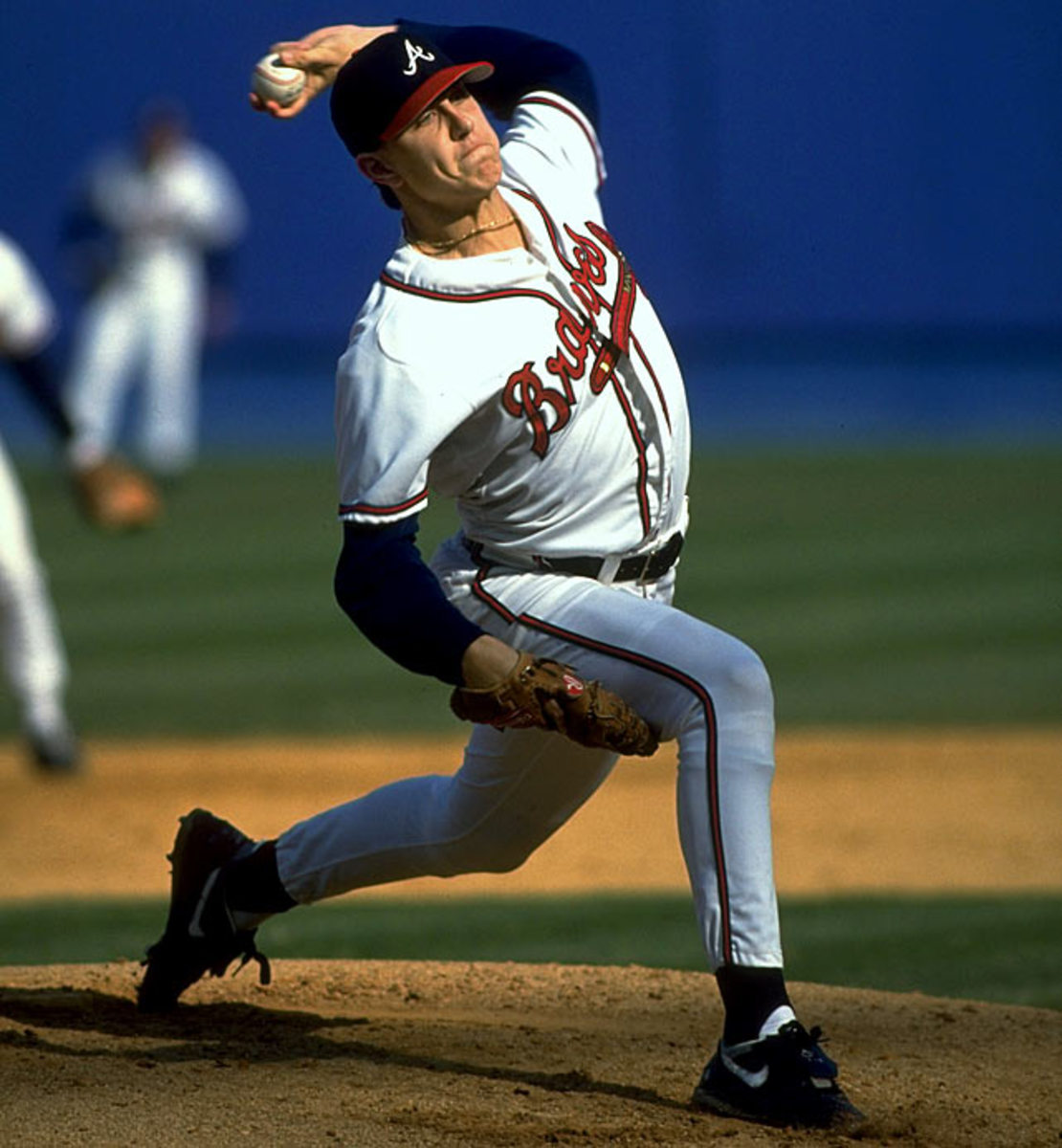
The Hall of Fame trio of Tom Glavine, John Smoltz and Greg Maddux gets most of the credit for the Braves' run of success in the 1990s, but the best pitcher on their early World Series teams was Steve Avery. At 21 in 1991, he won 18 games and was named NLCS MVP. He won 18 games again in 1993 and made the All-Star team but his arm began hurting shortly thereafter. He never again posted an ERA under 4.00, won as many as 10 games just once and retired after the 2003 season.
Mark Prior
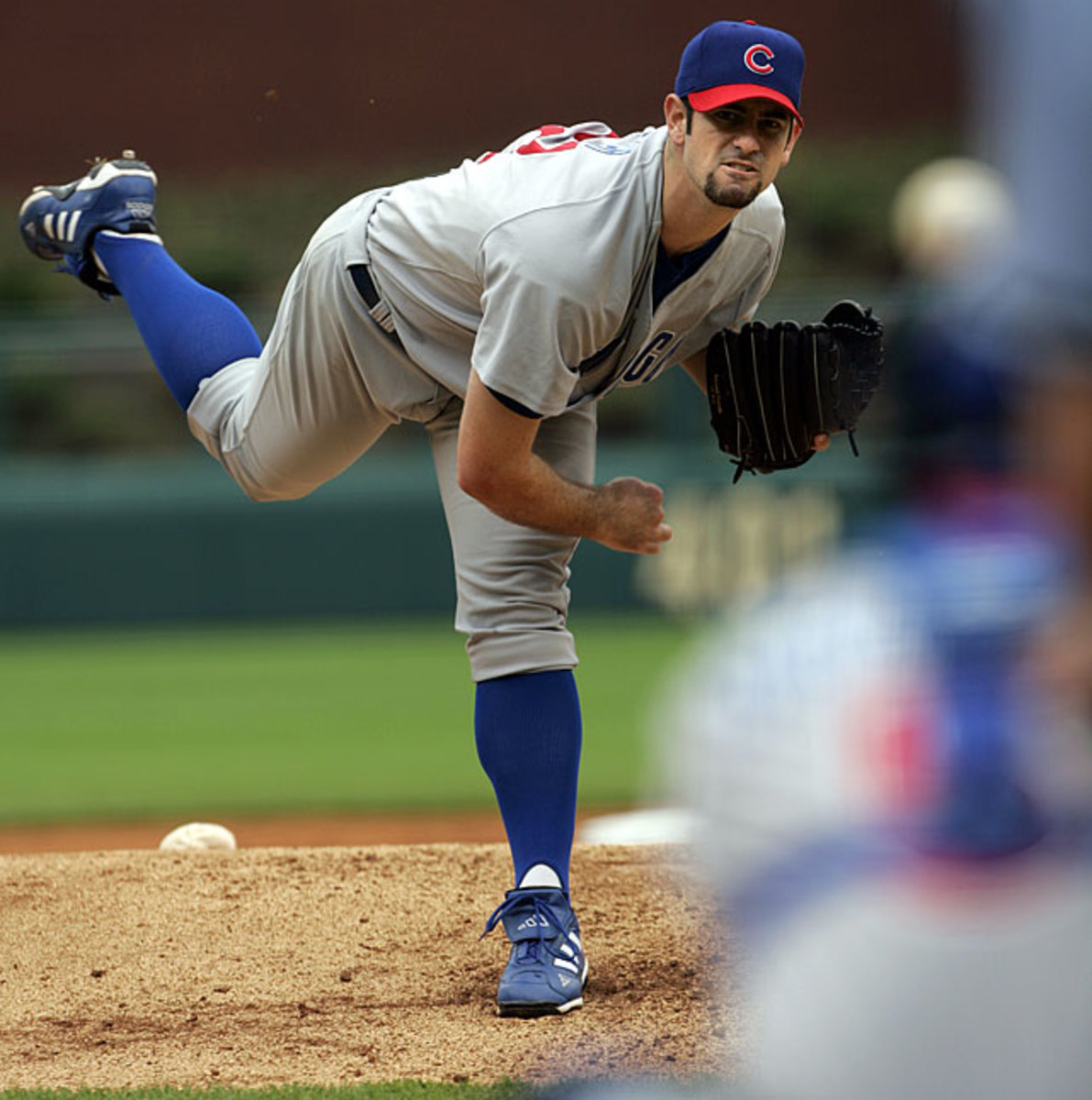
The No. 2 overall pick in the 2001 draft, Prior showed great promise as a 21-year-old rookie for the Cubs in 2002, going 6-6 with a 3.32 ERA. He was terrific the next season, posting an 18-6 mark to go along with a 2.43 ERA and 245 strikeouts, making the NL All-Star team and finishing third in the Cy Young voting. But his innings had jumped by more than 100 (including postseason play) and his arm and shoulder started to break down. He made 21 starts in 2004, 27 in 2005 and just nine in 2006, pitching his last major league game that August at age 25.
